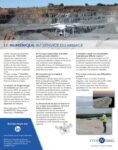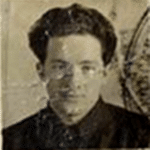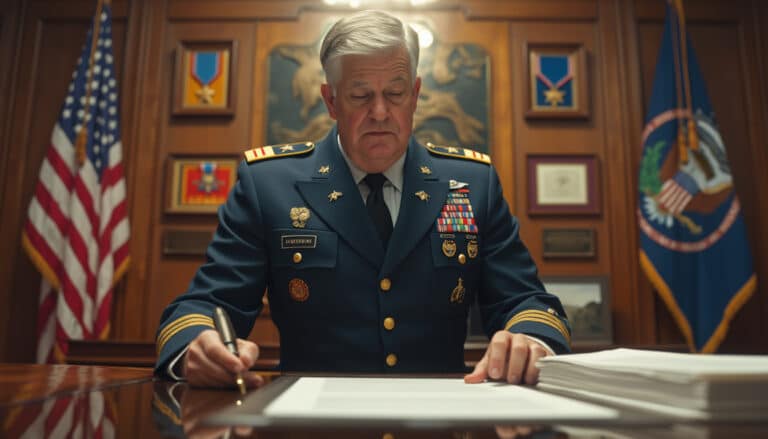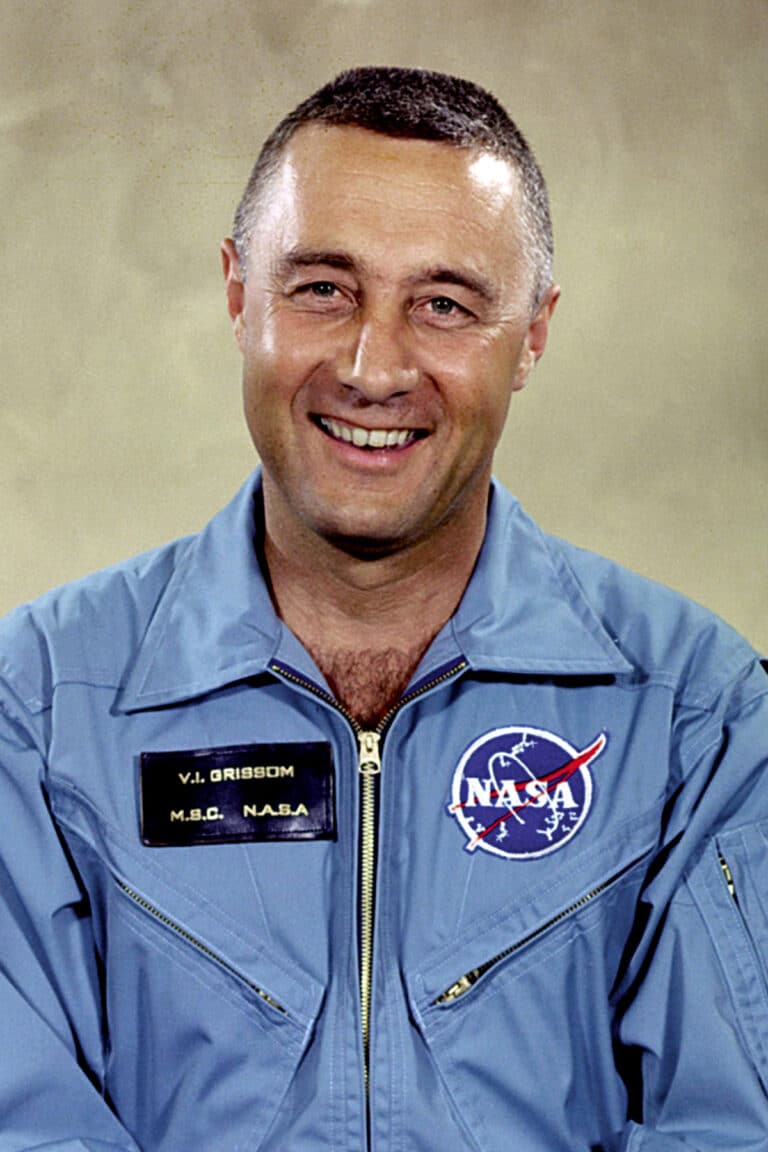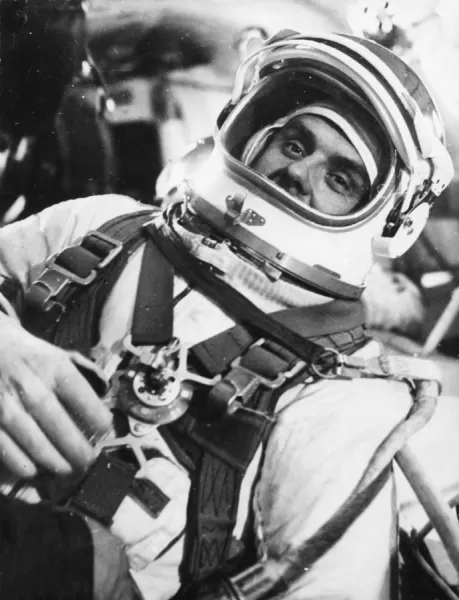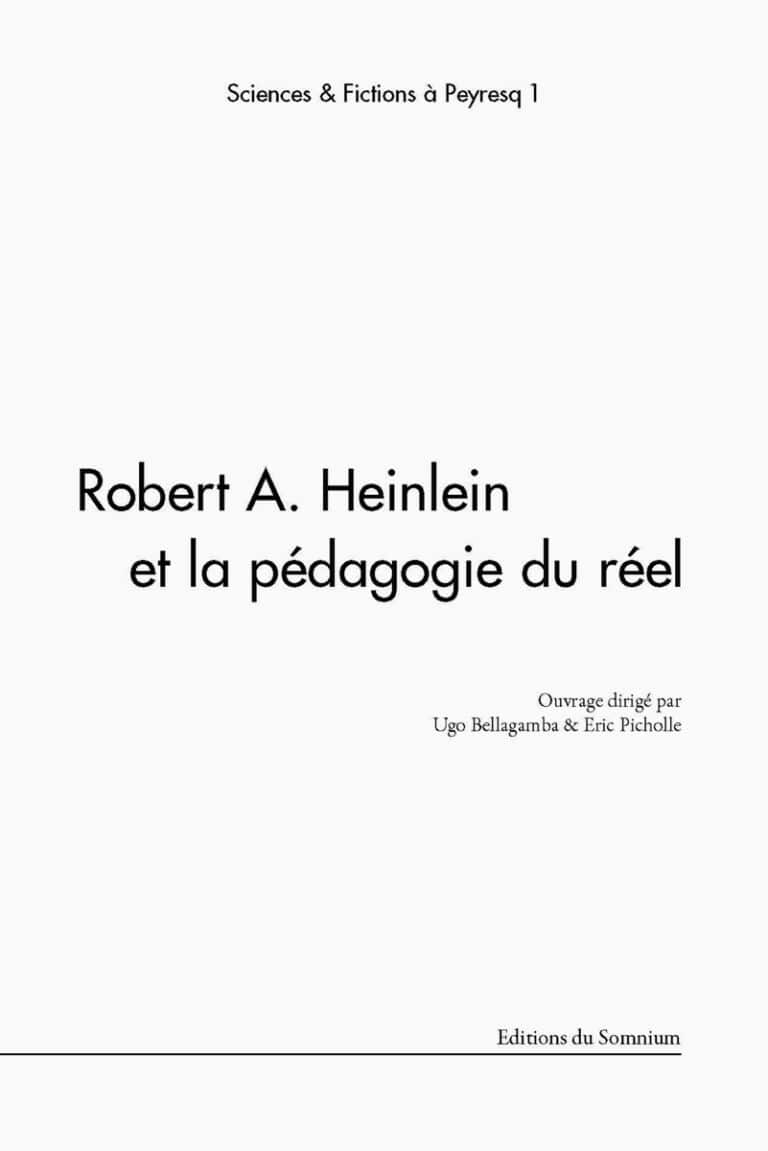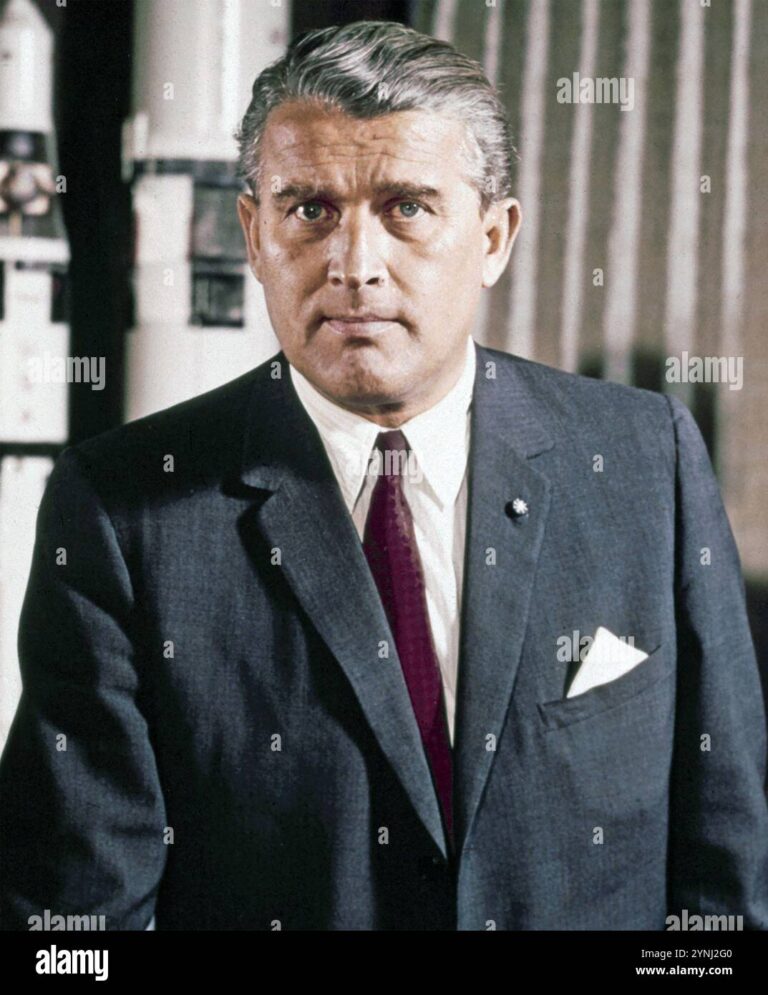Alan Turing, a mathematician exceptional, revolutionized the field of cryptanalysis during the Second World War. Leaning over the coding machine Enigma, he managed to uncover the truths hidden behind the secret communications of the German forces. His ingenuity not only led to the decryption of vital messages, but also helped lay down the foundations ofmodern computing. The advances he made were instrumental in the outcome of the military conflict, impacting not only the course of the war, but also the technological development of the following decades.
Table des matières
ToggleAlan Turing: The Master of Cryptanalysis Who Changed the Course of War
In the tumult of the World War II, a man, Alan Turing, established himself as a true silent hero whose exploits in cryptanalysis have had a profound impact on the world. Its exceptional ability to decipher the Enigma code, which served as the backbone of German forces’ secret communication, represents a major advance in the field of mathematical applied to war. While the Allies fought fiercely to challenge the Axis, Turing, at the illustrious Bletchley Park, developed revolutionary techniques and methods.
By developing the Bomb machine, it succeeds not only in speeding up the decryption of enemy messages, but also in providing a strategic head start. This mathematical genius didn’t just solve puzzles; he took military intelligence to new heights, saving countless lives in the process. Alan Turing’s legacy transcends simple numbers and algorithms, as he embodies the connection between science and the courage, demonstrating that real battles often take place in the shadows, far from the visible battlefields.
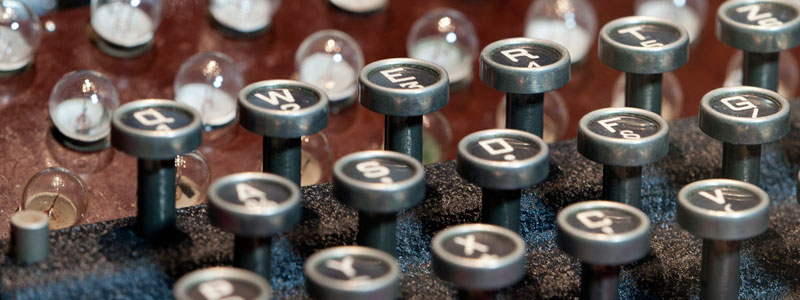
Alan Turing: The Mathematician Who Transformed the Course of Modern Warfare
At the edge of World War II, a man rose, armed not with a sword, but with a brilliant mind and unwavering determination. Alan Turing, a British mathematician, established himself as an iconic figure, playing a crucial role in the defeat of Nazi forces through his expertise in cryptanalysis.
The Enigma cryptographic machine, developed by the German army, was then a masterpiece of complexity. Used to encrypt military communications, it was considered impregnable. The Allies knew that deciphering this code would be decisive for their victory. It is in this context that Turing, associated with a team of cryptographers at Bletchley Park, began working on this monumental challenge.
From 1941, Turing, with the help of his colleague Gordon Welchman, developed a device called the “Bomb”. This machine, like early computers, was capable of performing complex calculations to quickly test thousands of encryption key combinations. Turing’s innovation lay not only in his ability to create a machine, but also in his genius for implementing techniques of cryptanalysis and advanced mathematical theories.
Turing’s contribution was not limited to the design of the Bomb. He also developed methods that greatly improved the efficiency of analyzing Enigma transmissions. These efforts made it possible to forge a system of decryption which revealed vital strategic information regarding the movements of German forces. The successes of Turing and his team had a direct impact on the course of the war, as evidenced by the Normandy landings on June 6, 1944.
Far from being limited to the immediate impact of his contribution to the war, Turing’s work also laid the foundations for the modern computing age. Through his research, he advanced innovative concepts that helped define the foundations of what we know today as computing. Turing proposed the notion of Turing machine, which became one of the fundamental concepts of automata theory and algorithms.
Unfortunately, as the war drew to a close, Turing’s legacy was not immediately recognized. His life took a tragic turn due to the intolerance and discrimination that followed coming out as gay, leading to depression and an early death. It was only after his death that his work was finally recognized for its true value, making him a true hero of the Second World War and a pioneer ofcomputer science.
Alan Turing’s journey is a poignant testimony to the power of the human spirit. Through his genius, he not only helped win a war, but also paved the way for technological advancements that continue to shape our modern world. His life and contributions will continue to inspire generations of scientists and thinkers.









